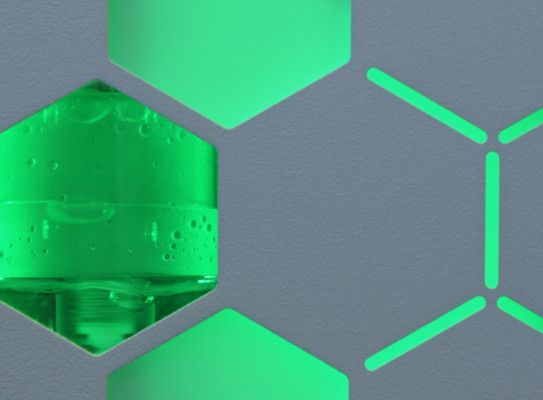
John Kennedy Principal Scientist - Materials
Dr. John V Kennedy is a material scientist whose work focusses on new materials development for low carbon energy technologies. His research explores new technological pathways for a sustainable zero carbon economy. He uses ion beam technologies pioneered by Lord Rutherford to develop functional materials and to provide key information about the materials structure-property relationship. The results are used across the materials science community for the design of a new product, surface engineering, catalytic materials for hydrogen production and storage, thermoelectric materials for waste heat to energy conversion, energy storage materials, magnetic materials and energy efficient systems. John is an Adjunct Professor at Victoria University of Wellington. He is the programme director for MBIE advanced Energy technology platform “Green Hydrogen Technology Platform” which aims to develop new clean technologies to produce hydrogen from non-pure water and develop a technological capability for Hydrogen in New Zealand. He is also Energy & Emissions platform leader of New Zealand Product Accelerator and Principal Investigator of the MacDiarmid Institute for Advanced Materials and Nanotechnology and Principal Investigator of the MBIE Endeavour funded Programme “Wirelessly Powered Transport Infrastructure for a Low-carbon Future”
View Bio Contact Me